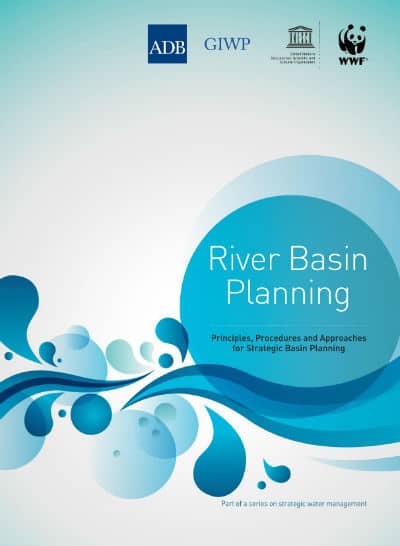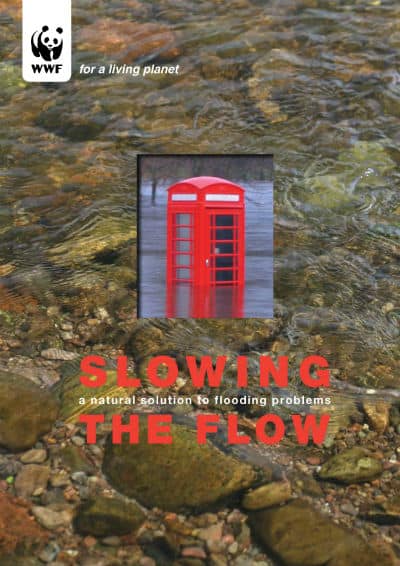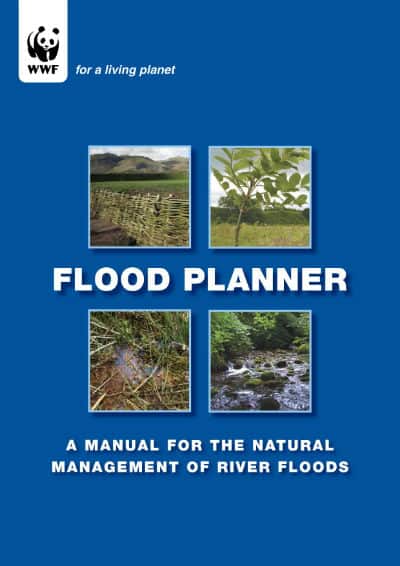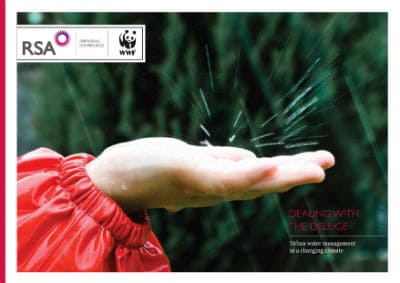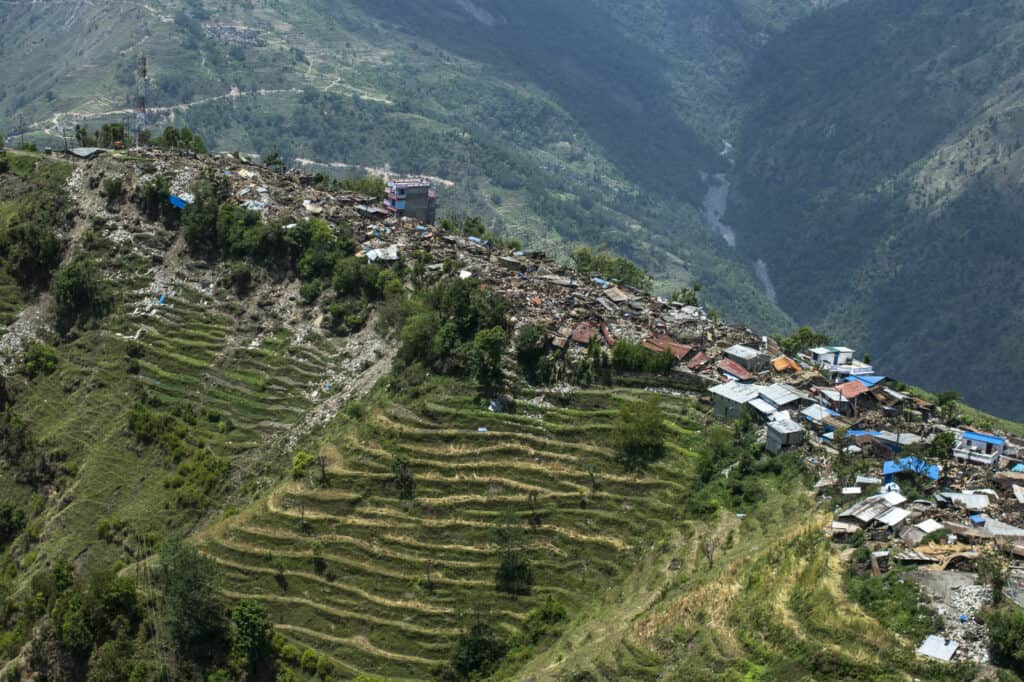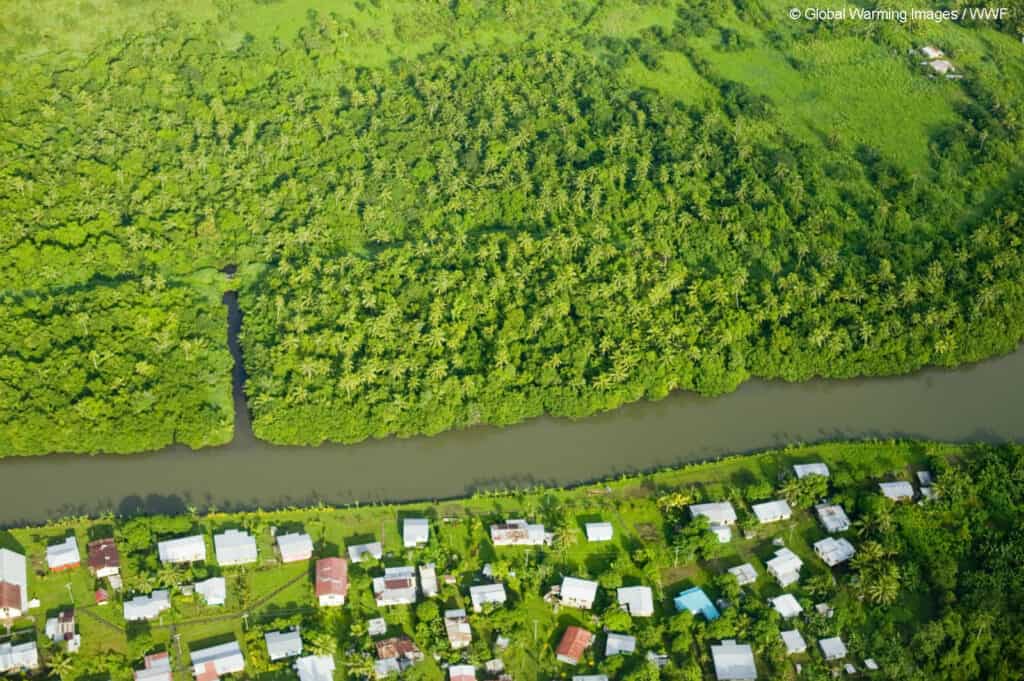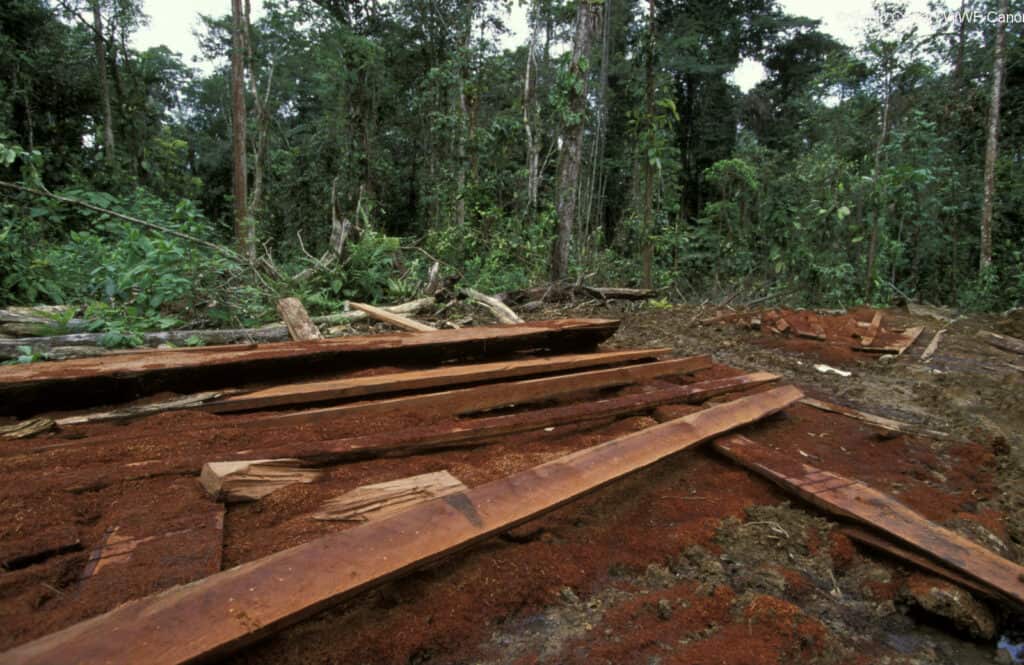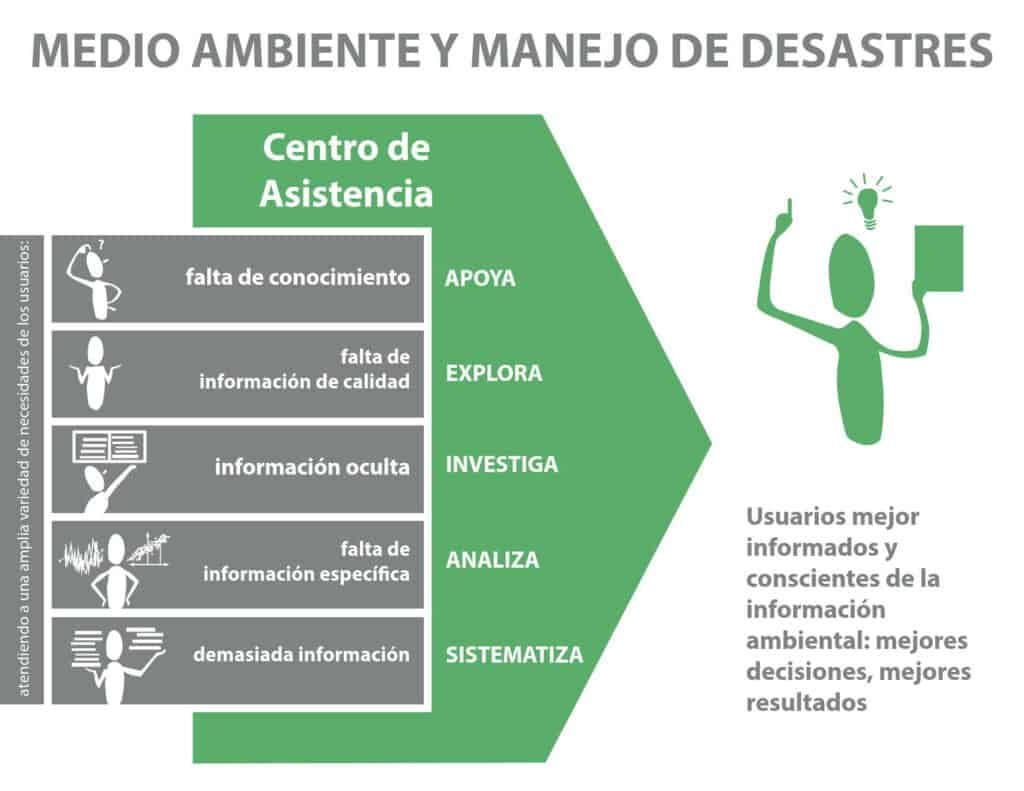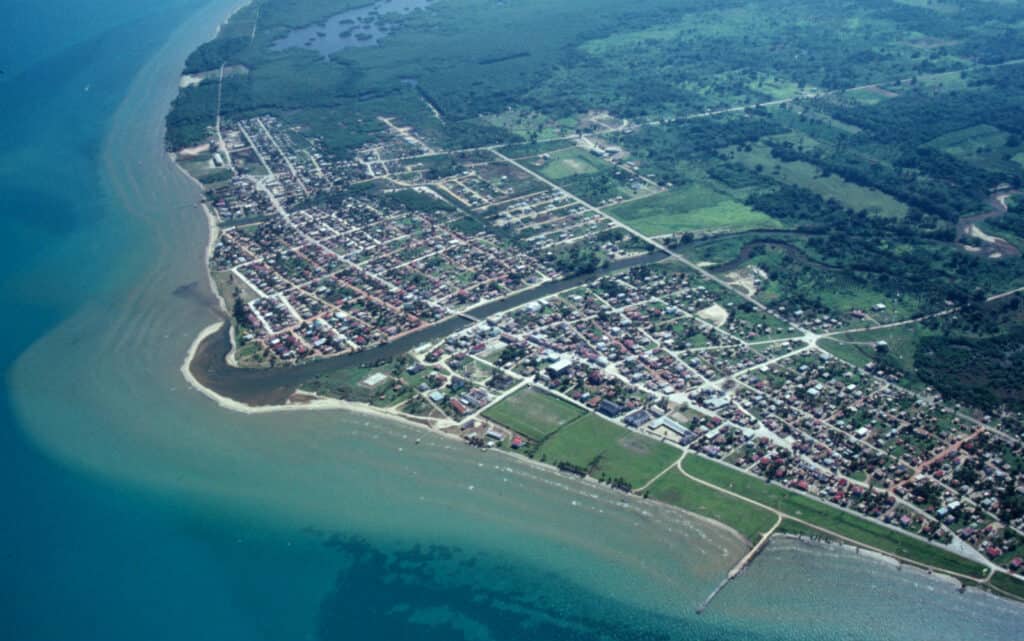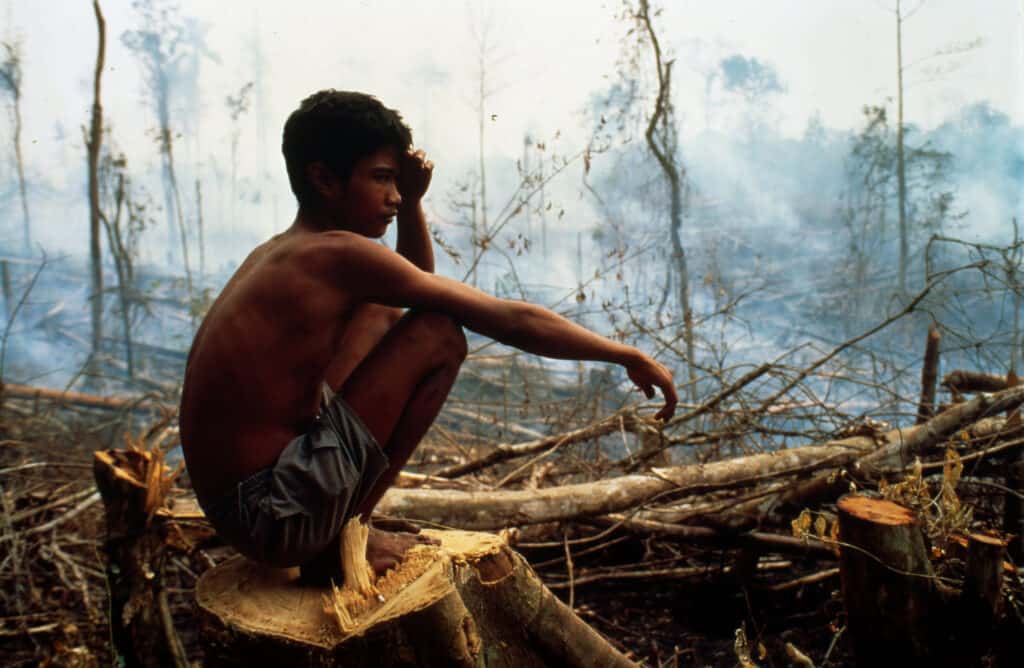River Basin Planning: Principles, Procedures and Approaches for Strategic Basin Planning
Growing competition for scarce water resources has driven major changes in the way river basin planning is undertaken. This has resulted in a shift away from technical approaches designed to maximize water availability and led to more strategic approaches to basin planning. These approaches aim to optimize outcomes by reconciling the competing demands of different…
Read MoreSlowing the Flow: A Natural Solution to Flooding Problems
Flooding is one of the most challenging and costly realities of life in the 21st century.The natural behavior of rivers is becoming an increasingly unnatural force in villages, towns and cities across Europe and wider. As climate change combines with human pressures on the land, floods occur more often and leave greater damage when they…
Read MoreFlood Planner: A Manual for the Natural Management of River Floods
Flood Planner describes the natural component of sustainable flood management: natural flood management (NFM). This unique and practical resource for flood risk managers outlines the background to natural flood management and helps them perform their role in meeting current and future legislation. It provides evidence of the effect of NFM on runoff rates and storage…
Read MoreDealing with the Deluge: Urban Water Management in a Changing Climate
In this report we focus on the benefits of using innovative, sustainable urban drainage schemes to protect freshwater ecosystems, mitigate the effects of climate change and help to reduce the impact of flooding.
Read MoreNepal Earthquake 2015 Building Back Better, Safer and Greener for a More Resilient Nepal
The Nepal earthquake in April 2015 and its aftershocks resulted in huge loss of life, injury, and economic damage. The estimated value of damage and loss was US$7 billion, a large proportion of it housing. Other sectors that require significant reconstruction include agriculture, education, roads, energy, tourism, industry, water and sanitation, and forestry. A rapid…
Read MoreFiji Construction & Shelter Resources, March 2016
Timber Procurement Guidance Note for Ecuador – May 2016
According to the Ecuador Flash Appeal Earthquake of 16 April 2016, 35% of the housing stock in the affected area has experienced severe damage or destruction, with some communities suffering up to 80% losses. While this damage may have been done primarily to cement brick and concrete buildings, timber is needed for transitional shelter…
Read MoreGreen Recovery Connect Information Now Available in Spanish
Opportunities for climate-compatible coastal tourism: Lessons from Belize
Climate change is affecting coastal ecosystems globally, with severe implications for developing countries that are heavily reliant on their natural resources for economic growth. In Belize, coral reefs, mangroves and beaches are the cornerstone of the tourism industry, while coastal communities rely on mangrove- and reef-based fisheries for food and income. The growth of the…
Read MoreFurther Integrating the Environment and Humanitarian Action
Inspired by the Environment in Emergencies Forum 2015 in Oslo a discussion has emerged on how to better embed the environment into humanitarian action. While policy and logic demand this, practice has been slow in evolving, to the detriment of disaster survivors. A 2014 report produced by UNEP/OCHA clearly and explicitly discusses the impact of…
Read More
